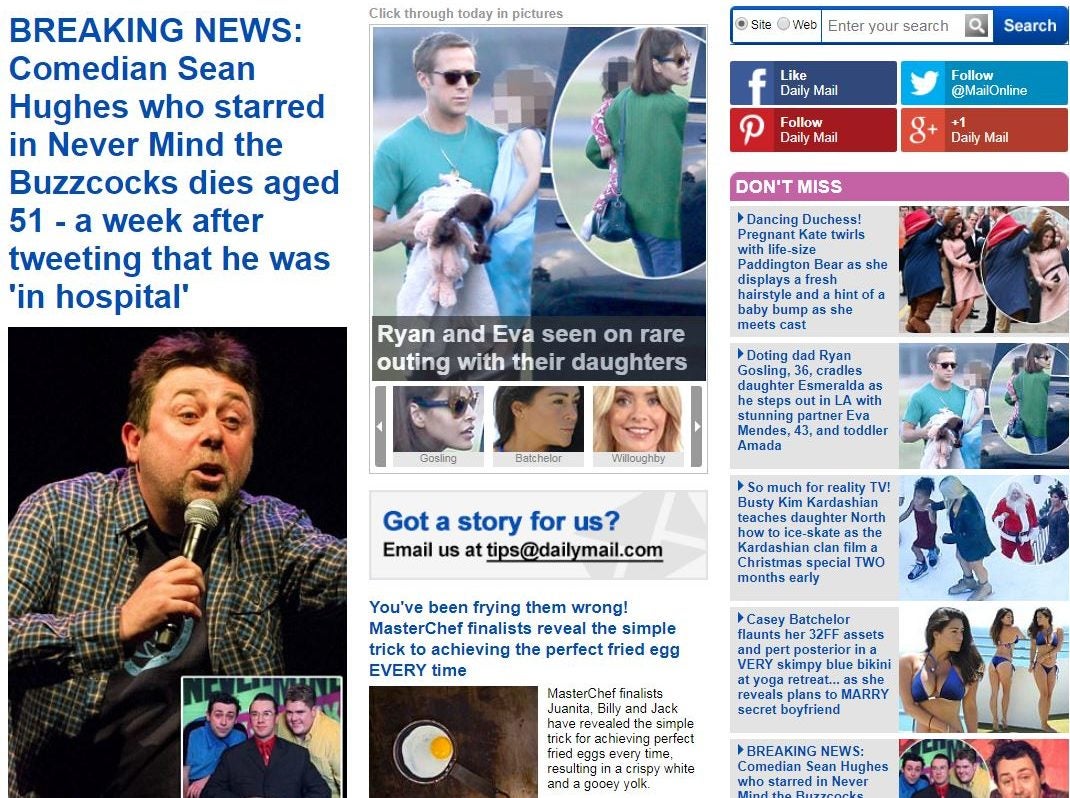
Members of press regulator IPSO are set to be asked to report back on their transparency policies covering editorial and commercial relationships.
The recommendation came from the Editors’ Code Committee which today revealed a number of changes to the rules which most newspaper and magazine journalists in the UK follow.
The committee, chaired by former Trinity Mirror regionals boss Neil Benson, made three changes to existing clauses in the code as a result of the consultation which generated some 4,000 responses.
There were no new clauses created for the code, with the vast majority of points raised during the consultation rejected.
However, the committee has asked IPSO to take action in the wake of allegations aired in February 2015, that the Telegraph suppressed critical coverage of the bank HSBC because it was an important commercial partner for the paper.
The Code Committee has recommended “that IPSO should consider and discuss with members how they might report on transparency policies concerning editorial and commercial relationships.
“This issue was the subject of a number of submissions, which referred to allegations – which were denied – that commercial considerations influenced the Daily Telegraph’s coverage of HBOS. The committee considered that the best way to address this issue would be for publishers to report on their policies concerning editorial and commercial relationships.”
At the request of Mail Online publisher Associated Newspapers, clause 2 of the code (privacy) has been changed.
The addition wording states that when considering privacy complaints: “The regulator will consider the extent to which material is already in the public domain or will become so”.
The Code Committee said that this change will “address the challenge of regulating global digital publications that are owned and domiciled in the UK”. It appears intended to ensure that stories published in the United States, for example, will have to comply with that country’s weaker privacy protections (rather than being held to the same standard as those published in the UK).
The wording of clause 11 (victims of sexual assault) has been changed to bring it in line with the law.
The amended clause reads as follows: “The press must not identify victims of sexual assault or publish material likely to contribute to such identification or publish material likely to lead to the identification of a victim of sexual assault unless there is adequate justification and they are legally free to do so.”
Requested changes to the Editors’ Code which were rejected by the Code Committee include the following:
Accuracy
There were calls for corrections to have equal prominence editors to be forced to issue apologies when required.
The Committee said forced apologies would be meaningless and said IPSO should be allowed to judge each case on its merits when it came to the prominence of published adjudications.
Discrimination
There were calls for the code to protect groups, rather than just individuals, from discrimination. The Code Committee noted that incitement of racial and religious hatred is already against the law.
Suicide
The committee rejected suggestions that the code should be amended so that any detail of the method used in suicide cases should be banned. Currently the code only prohibits excessive detail.
Conscience clause
There were calls for a “conscience clause” to be inserted into contracts to protect journalists from disciplinary action as a result of declining to breac the Editors’ Code.
The Committee said it believed journalists were already protected from such action.
Plagiarism and taking photos from social media
The code committee considered this is already dealt with under the law of copyright.
Changes to the Editors’ Code in full (more details available on the Code Committee website):
A change to Clause 2 (Privacy)
Clause 2 to read:
2. *Privacy
i) Everyone is entitled to respect for his or her private and family life, home, health and correspondence, including digital communications.
ii) Editors will be expected to justify intrusions into any individual’s private life without consent. Account will be taken of the complainant’s own public disclosures of information. In considering an individual’s reasonable expectation of privacy, account will be taken of the complainant’s own public disclosures of information and the extent to which the material complained about is already in the public domain or will become so.
iii) It is unacceptable to photograph individuals, without their consent, in public or private places where there is a reasonable expectation of privacy.
A change to Clause 9 (Reporting of crime)
Clause 9 to read:
9. *Reporting of Crime
i) Relatives or friends of persons convicted or accused of crime should not generally be identified without their consent, unless they are genuinely relevant to the story.
ii) Particular regard should be paid to the potentially vulnerable position of children under the age of 18 who witness, or are victims of, crime. This should not restrict the right to report legal proceedings.
(iii) Editors should generally avoid naming children under the age of 18 after arrest for a criminal offence but before they appear in a youth court unless they can show that the individual’s name is already in the public domain, or that the individual (or, if they are under 16, a custodial parent or similarly responsible adult) has given their consent. This does not restrict the right to name juveniles who appear in a crown court, or whose anonymity is lifted.
A change to Clause 11 (Victims of sexual assault)
Clause 11 to read:
11. Victims of sexual assault
The press must not identify victims of sexual assault or publish material likely to contribute to such identification or publish material likely to lead to the identification of a victim of sexual assault unless there is adequate justification and they are legally free to do so.
Email pged@pressgazette.co.uk to point out mistakes, provide story tips or send in a letter for publication on our "Letters Page" blog






